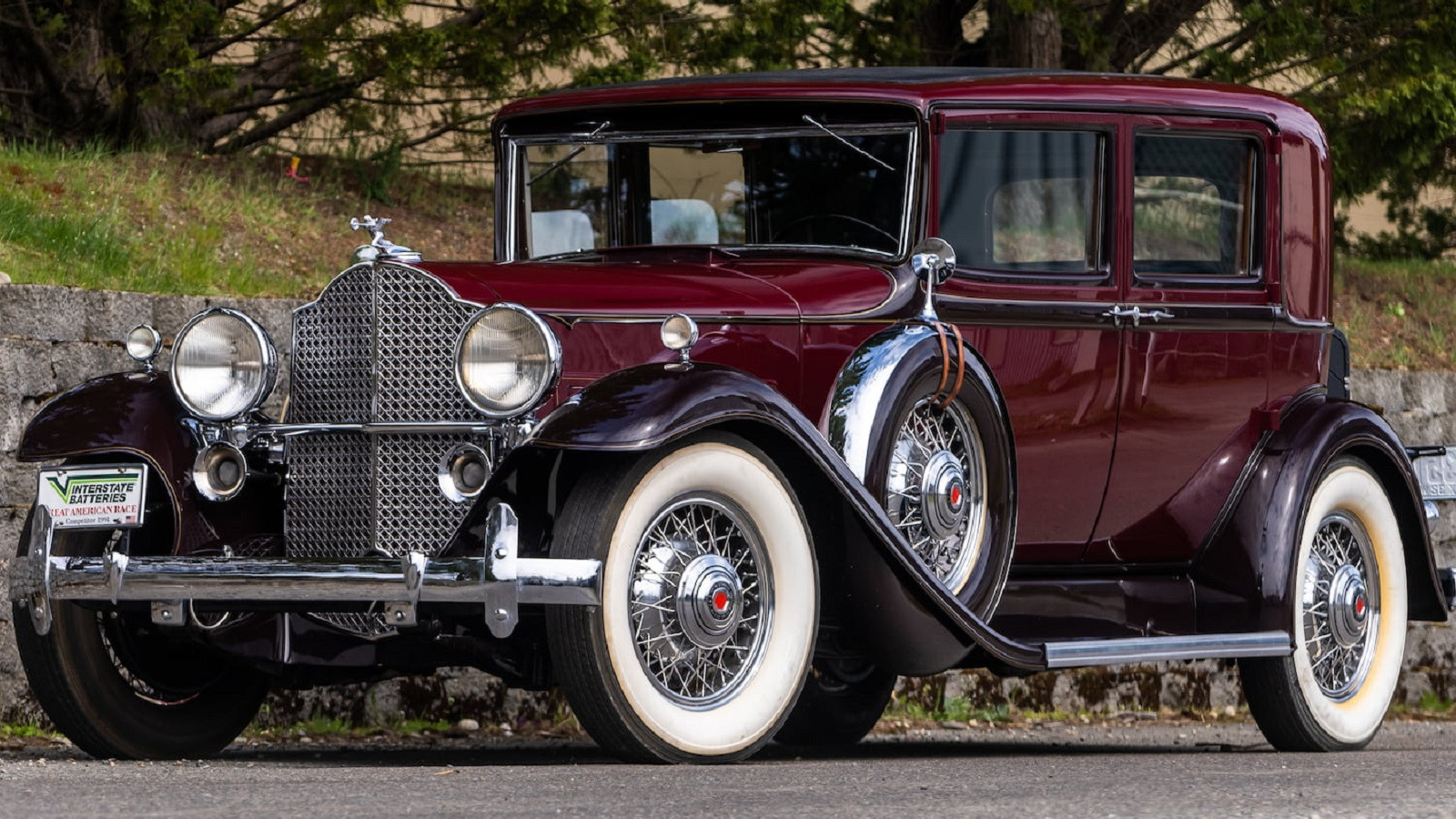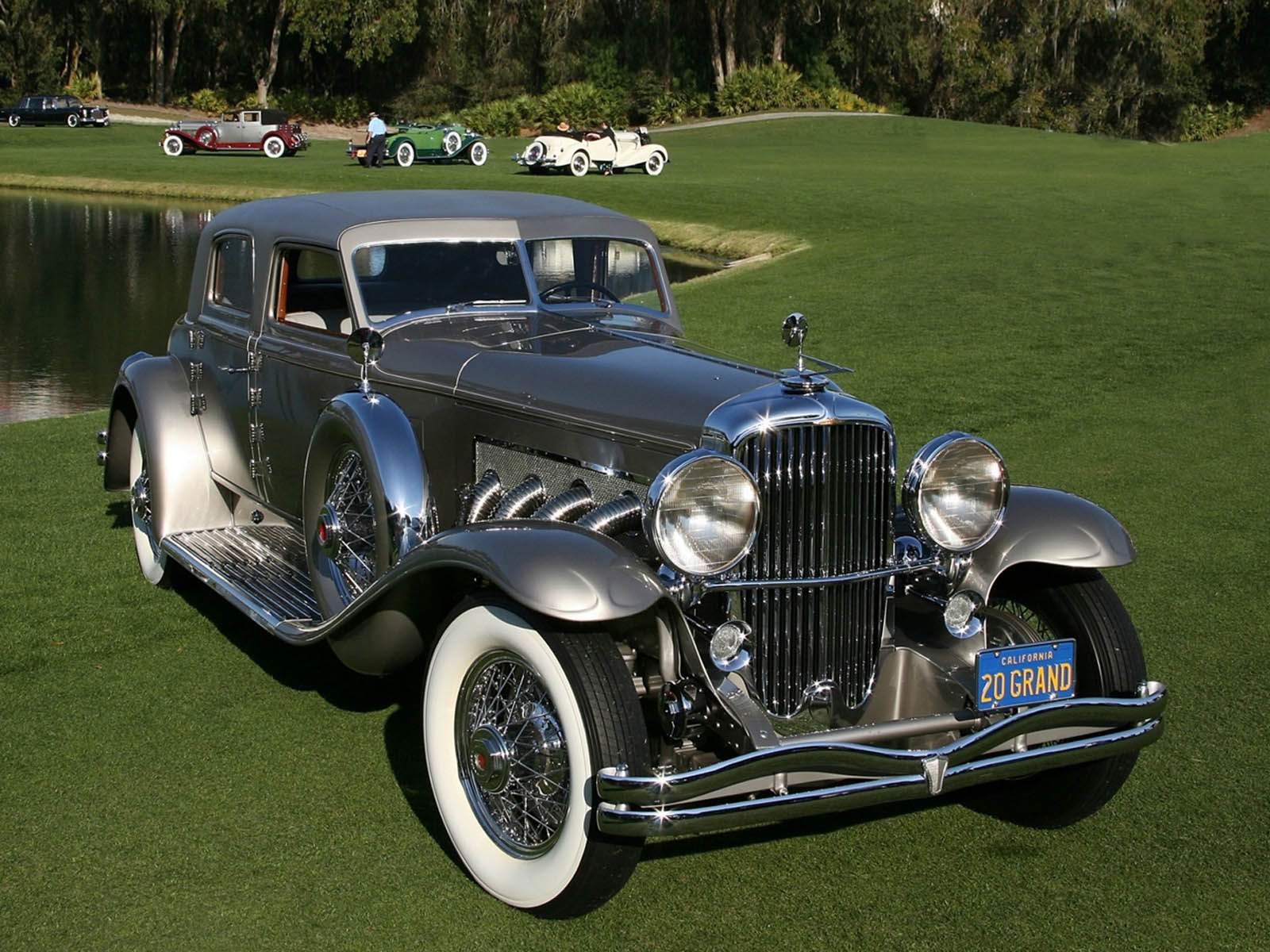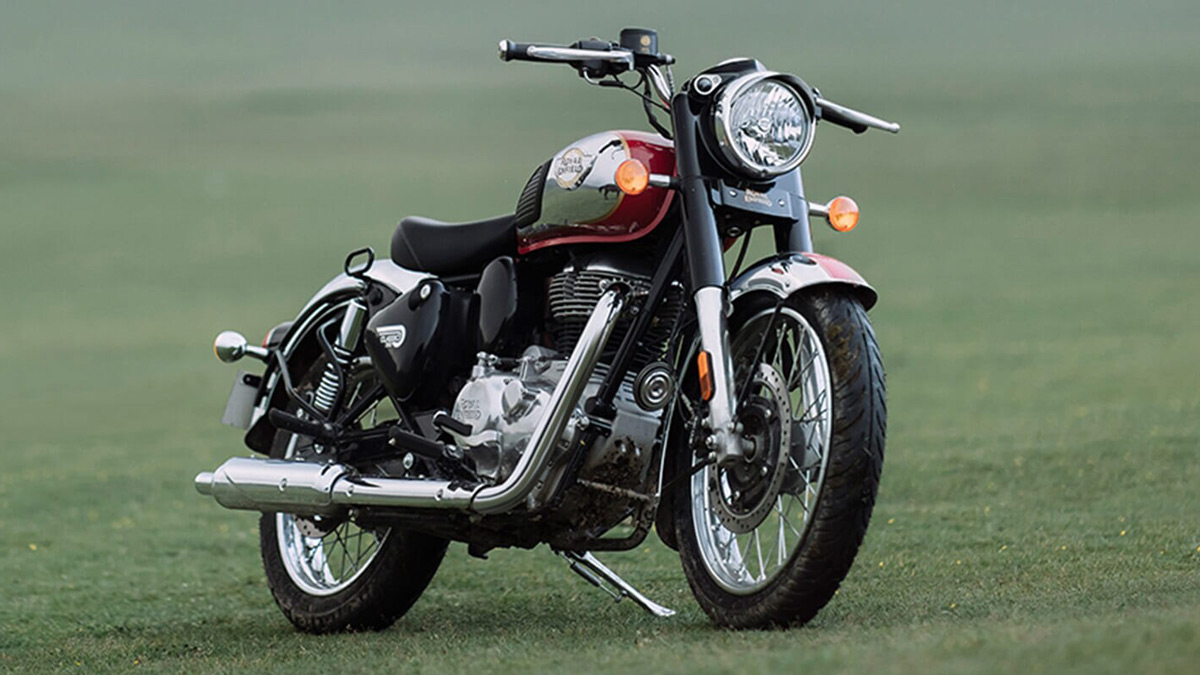Classic Pickup Trucks For Sale California: Your Comprehensive Guide to Finding Your Dream Ride pickup.truckstrend.com
California. The Golden State. A land synonymous with sunshine, freedom, and an enduring love affair with the automobile. For enthusiasts of vintage iron, California isn’t just a place; it’s a Mecca, especially when it comes to classic pickup trucks. The dry climate, the thriving car culture, and a long history of vehicle ownership mean that the state is a treasure trove for these timeless workhorses, now revered as collector’s items, weekend cruisers, and even daily drivers.
This comprehensive guide delves into everything you need to know about classic pickup trucks for sale in California. Whether you’re a seasoned collector, a first-time classic buyer, or simply dreaming of cruising a vintage Ford F-100 down the Pacific Coast Highway, this article will equip you with the knowledge, tips, and insights to navigate the vibrant California market and find your perfect piece of automotive history.
Classic Pickup Trucks For Sale California: Your Comprehensive Guide to Finding Your Dream Ride
Why California is the Mecca for Classic Pickups
California’s unique environmental and cultural factors have cultivated an unparalleled market for classic vehicles, particularly pickup trucks.
- The Dry Climate Advantage: This is perhaps the most significant factor. Unlike states with harsh winters and heavy road salt usage, California’s arid climate drastically reduces the risk of rust. Many classic trucks found in California have spent their entire lives in this favorable environment, leading to exceptionally well-preserved bodies, frames, and undercarriages. This translates to less extensive (and expensive) restoration work for buyers.
- Vibrant Car Culture: California boasts a passionate and expansive car culture. From world-renowned car shows like the Grand National Roadster Show and numerous local "Cars and Coffee" gatherings to specialized restoration shops and parts suppliers, the infrastructure to support classic vehicle ownership is robust. This means more classic trucks are bought, sold, maintained, and enjoyed, creating a dynamic market.
- Historical Vehicle Ownership: With a long history of vehicle registration and a large population, California has always had a high concentration of vehicles. Many of these trucks were originally purchased new in California and have remained within the state, often passing through a few careful owners, contributing to their preserved condition.
- Specialized Expertise: The concentration of classic vehicle enthusiasts has led to a proliferation of highly skilled mechanics, body shops, and restoration specialists who understand the intricacies of vintage pickups. This network is invaluable for both pre-purchase inspections and ongoing maintenance.

Defining "Classic": What Years and Models to Look For
The term "classic" can be subjective, but generally, for pickup trucks, it encompasses a wide range of eras, each with its distinct charm and appeal.
- Pre-War Era (1920s-1940s): Think Ford Model A pickups, early Chevy half-tons. These are true antiques, often requiring significant restoration but offering unparalleled historical significance.
- Post-War Boom (Late 1940s-1950s): This era saw the birth of iconic designs like the "Advance Design" Chevrolet and GMC trucks, the Ford F-Series (F-1, F-100), and Dodge B-series. These trucks blend utilitarian design with distinctive styling and are highly sought after.
- The Golden Age (1960s-1970s): Arguably the most popular era for classic pickups, this period gave us the sleek Chevy C/K series, the Ford F-Series (Bumpside, Dentside), and Dodge D-series. These trucks often offer more comfortable rides, better performance, and a wider availability of parts, making them ideal for both restoration and daily driving. Japanese imports like early Toyota Land Cruisers (FJ40 pickups) and Datsun trucks also started gaining popularity.
- The "Modern Classics" (1980s): While some purists might argue, trucks from the 1980s, particularly well-preserved examples or those with unique features (like early fuel injection or 4×4 options), are increasingly considered classics. Ford’s "Bullnose" and "Bricknose" F-series, Chevy’s "Square Body" C/K trucks, and early Toyota pickups (especially 4x4s) fall into this category, offering a blend of vintage appeal with more contemporary drivability.

Popular models consistently include the Ford F-Series (F-100, F-150), Chevrolet C/K series (C10, C20), Dodge Power Wagon and D-series, and increasingly, Japanese trucks like Toyota Hilux/Pickup and Datsun/Nissan.
The Appeal of Owning a Classic Pickup in California

Beyond the sheer cool factor, owning a classic pickup in California offers a unique blend of benefits:
- Nostalgia and Character: These trucks evoke a sense of Americana, simpler times, and raw utility. Each dent and patina tells a story.
- Practicality Meets Style: Unlike many classic cars, classic pickups retain a degree of practicality. They can haul, tow (within limits), and serve as capable weekend project vehicles while turning heads everywhere they go.
- Investment Potential: Well-maintained or professionally restored classic trucks, especially popular models, have shown steady appreciation over time, making them a potentially sound investment.
- Customization Canvas: From full frame-off restorations to "resto-mods" (classic looks with modern powertrains and conveniences) to "rat rods" with intentional patina, classic pickups offer endless possibilities for personalization.
- Community and Events: Owning a classic truck opens doors to a vibrant community of fellow enthusiasts. California hosts countless car shows, cruises, and club meetings where you can share your passion.
Where to Find Your Dream Classic Pickup in California
California offers diverse avenues for sourcing your classic truck:
- Online Marketplaces:
- eBay Motors: A vast inventory, but requires careful screening of sellers and listings.
- Hemmings Motor News: The gold standard for classic car classifieds, offering high-quality listings from dealers and private sellers.
- Bring a Trailer (BaT): An auction site known for curated, high-quality, and often high-value classics with extensive photo galleries and community discussion.
- Craigslist/Facebook Marketplace: Excellent for local finds, often from private sellers. Be prepared for a wider range of conditions and a need for diligent vetting.
- Specialized Forums & Clubs: Many model-specific forums (e.g., Ford-Trucks.com, ClassicChevyTrucks.com) have "for sale" sections.
- Local Dealerships & Consignment Lots: Several dealerships in California specialize in classic cars and trucks, offering a curated inventory, often with pre-inspected vehicles, though at a premium.
- Private Sellers: Often found through word-of-mouth, local classifieds, or online. Buying directly from an owner can offer insights into the vehicle’s history.
- Auctions: Major auction houses (e.g., Mecum, Barrett-Jackson when they visit CA) offer high-end, often meticulously restored, trucks. Local auctions can also yield gems.
- Restoration Shops: Many California restoration shops not only work on trucks but also buy and sell them, sometimes offering projects or completed vehicles.
- Car Shows & Swap Meets: Attending local events is a great way to see vehicles in person, network with owners, and sometimes find trucks quietly for sale.
Important Considerations Before Buying
Before you get swept away by nostalgia, keep these critical factors in mind:
- Budget: Determine your absolute maximum budget, including the purchase price, potential restoration costs, registration, insurance, and ongoing maintenance.
- Condition is Key:
- Rust: While less prevalent in CA, still check common rust spots: cab corners, floor pans, fender wells, bed floors, and frame rails.
- Body Panels: Look for consistent panel gaps, straight lines, and signs of previous accident damage or shoddy repairs.
- Paint: Original patina, new paint, or a bad respray? Understand what you’re looking at.
- Engine/Drivetrain: Check for leaks, strange noises, smoke from the exhaust, and smooth shifting.
- Interior: Seats, dash, gauges, and headliner condition impact comfort and value.
- Electrical: Test all lights, wipers, horn, and gauges. Wiring issues can be complex and costly.
- Originality vs. Resto-Mod: Decide if you want a historically accurate, numbers-matching original, or a truck with modern upgrades (engine swap, power steering, disc brakes, A/C). Resto-mods often offer better drivability but may not appeal to purist collectors.
- Title and Documentation: Ensure the title is clear, matches the VIN, and that all necessary registration documents are present. Be wary of vehicles with "salvage" or "branded" titles unless you fully understand the implications.
- Pre-Purchase Inspection (PPI): This is non-negotiable. Hire a reputable classic car mechanic or specialist to perform a thorough inspection, even if the truck looks perfect. They can identify hidden issues that you might miss.
- Smog Laws (California Specific): Vehicles model year 1975 and older are generally exempt from California’s biennial smog check program. However, 1976 and newer vehicles are subject to smog checks. If you’re buying a truck from 1976 or later, ensure it can pass smog or factor in the cost of modifications to make it compliant. This is a critical point for California buyers.
The Buying Process: A Step-by-Step Guide
- Research & Define Your Needs: What make, model, and year range are you interested in? What’s your primary use (show, daily driver, project)? What’s your budget?
- Scout & Shortlist: Browse online listings, visit dealerships, and attend local shows. Compile a shortlist of potential trucks.
- Initial Contact & Information Gathering: Contact sellers, ask detailed questions, and request additional photos or videos. Inquire about the truck’s history, maintenance records, and any known issues.
- First-Hand Inspection: If possible, see the truck in person. Look for general condition, rust, and signs of wear. Start it up, listen to the engine, and check basic functions.
- Professional Pre-Purchase Inspection (PPI): Arrange for an independent mechanic specializing in classic vehicles to conduct a comprehensive inspection. This investment can save you thousands.
- Negotiation: Based on the PPI and your assessment, negotiate the price. Be prepared to walk away if the price isn’t right or if significant issues are uncovered.
- Paperwork & Payment: Once a price is agreed upon, ensure the title is clear and signed over correctly. Complete a bill of sale. Arrange payment securely (e.g., cashier’s check, wire transfer).
- Registration & Insurance: Register the vehicle with the California DMV. Obtain classic car insurance, which often has specific requirements and benefits.
- Transportation: If the truck isn’t ready for a long drive, arrange for professional transport.
Restoration vs. Ready-to-Drive
You’ll encounter trucks in various states:
- "Driver Quality": Functional, presentable, but not perfect. May have some flaws, but good for immediate enjoyment.
- "Project": Needs significant work (mechanical, body, interior). Cheaper upfront but requires time, money, and expertise.
- "Restored": Fully refurbished to original or better-than-original condition. Higher price point, but typically turn-key.
- "Resto-Mod": Classic looks with modern mechanicals (engine, suspension, brakes, A/C). Offers modern comfort and reliability.
Deciding between a project and a ready-to-drive truck depends on your budget, mechanical aptitude, and desired timeline. California has numerous world-class restoration shops if you choose to embark on a project.
Maintenance and Ownership Tips in California
- Smog Compliance (Post-1975): If your truck is 1976 or newer, understand the smog requirements. Many classic owners opt for engine swaps or modifications to ensure compliance. Consult with a specialist.
- Insurance: Look for specialized classic car insurance providers (e.g., Hagerty, Grundy) that understand the unique value and usage of vintage vehicles.
- Storage: Protect your investment from the elements, even in California’s mild climate. A garage or car cover is essential.
- Parts Availability: For popular models, parts are relatively easy to find. For rarer trucks, be prepared to search online or through specialist suppliers.
- Community Engagement: Join local classic truck clubs, attend shows, and connect with other owners. They are a valuable resource for advice, parts, and camaraderie.
Challenges and Solutions
- Smog Laws for Newer Classics:
- Challenge: 1976 and newer trucks need to pass smog, which can be difficult for carbureted engines or modified vehicles.
- Solution: Research smog-exempt engine swaps (e.g., LS swaps with CARB-approved components), or focus on pre-1975 trucks. Consult a smog specialist.
- High Demand & Prices:
- Challenge: California’s excellent supply means high demand, often leading to higher prices compared to other states.
- Solution: Be patient, expand your search radius within California, or consider a "driver quality" truck you can improve over time.
- Finding Original Parts:
- Challenge: For some rare models, finding original or reproduction parts can be difficult.
- Solution: Utilize online forums, swap meets, and specialized salvage yards. Many parts can be fabricated or refurbished.
- Scams/Fraud:
- Challenge: As with any high-value purchase, be wary of suspicious deals, non-existent vehicles, or fraudulent titles.
- Solution: Always inspect the vehicle in person, verify the title, use secure payment methods, and trust your instincts. A PPI is your best defense.
Sample Price Guide for Classic Pickup Trucks in California
It’s crucial to understand that prices for classic pickup trucks in California, or anywhere, vary wildly based on make, model, year, condition, originality, customization, and current market demand. This table provides estimated ranges for popular models in various conditions. These are not definitive prices and should be used as a general guide only. Always conduct thorough research and get a professional appraisal.
| Make/Model | Year Range | Condition: Project (Needs Major Work) | Condition: Driver Quality (Good, Functional) | Condition: Fully Restored/Resto-Mod (Excellent) |
|---|---|---|---|---|
| Ford F-100/F-150 | 1948-1979 | $5,000 – $15,000 | $18,000 – $45,000 | $50,000 – $150,000+ |
| Chevrolet C10/C20 | 1960-1987 | $4,000 – $12,000 | $15,000 – $40,000 | $45,000 – $120,000+ |
| Dodge D-Series/Power Wagon | 1946-1970s | $3,000 – $10,000 | $12,000 – $30,000 | $35,000 – $90,000+ |
| Toyota Hilux/Pickup | 1970s-1980s | $2,000 – $8,000 | $10,000 – $25,000 | $30,000 – $70,000+ |
| GMC C/K Series | 1960-1987 | $4,000 – $12,000 | $15,000 – $40,000 | $45,000 – $120,000+ |
Note: "Project" vehicles can range from rolling chassis to mostly complete but non-running. "Fully Restored/Resto-Mod" can include bespoke builds with high-end components.
Frequently Asked Questions (FAQ) about Classic Pickup Trucks in California
Q1: Are classic trucks in California generally more expensive?
A1: Often, yes. The combination of less rust, higher demand, and a robust classic car market tends to drive prices up compared to other regions. However, you often get a better-preserved vehicle for your money.
Q2: What’s the deal with California smog laws for classic trucks?
A2: In California, vehicles model year 1975 and older are generally exempt from smog checks. Trucks from 1976 and newer do require biennial smog checks. This is a critical factor when considering a purchase.
Q3: Can I register an out-of-state classic truck in California?
A3: Yes, you can. If the truck is 1975 or older, it will be exempt from smog. If it’s 1976 or newer, it will need to pass California’s smog requirements, which can be stricter than other states. Ensure all paperwork (title, bill of sale) is in order.
Q4: Where can I find reputable classic truck mechanics in California?
A4: California has a high concentration of excellent classic car and truck specialists. Ask for recommendations in local classic car clubs, online forums, or check reviews for shops specializing in vintage vehicles in your area.
Q5: Is it worth buying a "project" classic truck in California?
A5: It depends on your budget, mechanical skills, and patience. California is a great place for projects due to less rust and access to parts and skilled labor. However, restoration costs can quickly exceed the vehicle’s value if not carefully managed.
Q6: What’s the best way to insure a classic pickup truck in California?
A6: Seek out specialized classic car insurance providers like Hagerty or Grundy. They offer policies tailored to classic vehicles, often with agreed-value coverage, lower premiums (due to limited mileage), and specialized roadside assistance.
Q7: How important is a pre-purchase inspection (PPI) for a classic truck?
A7: Extremely important. A PPI by a qualified classic car mechanic can uncover hidden mechanical issues, rust, or structural damage that could cost thousands to repair. It’s a small investment that can save you from a costly mistake.
Conclusion
The allure of classic pickup trucks for sale in California is undeniable. From the rust-free bodies born of the Golden State’s dry climate to the vibrant car culture that celebrates these vintage workhorses, California truly offers a unique opportunity for enthusiasts. Whether you’re seeking a perfectly restored show truck, a reliable driver, or a challenging project, the California market has something for everyone.
By understanding the unique aspects of buying in California, carefully considering your budget and needs, conducting thorough inspections, and navigating the paperwork with diligence, you can confidently embark on the journey to find your dream classic pickup. Owning one of these timeless machines is more than just a purchase; it’s an entry into a passionate community, a tangible connection to automotive history, and an invitation to countless adventures on the open roads of California. Happy hunting!
